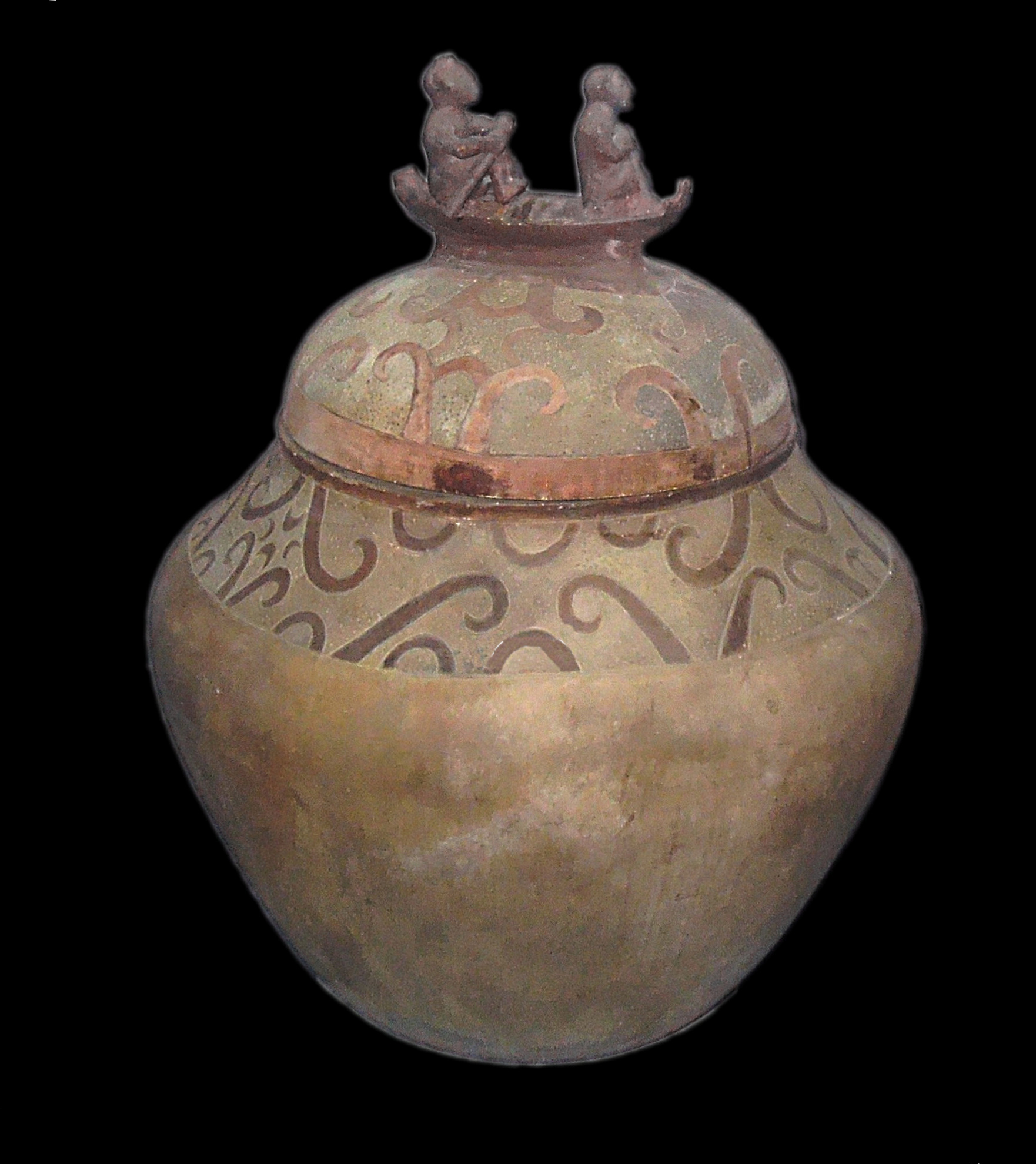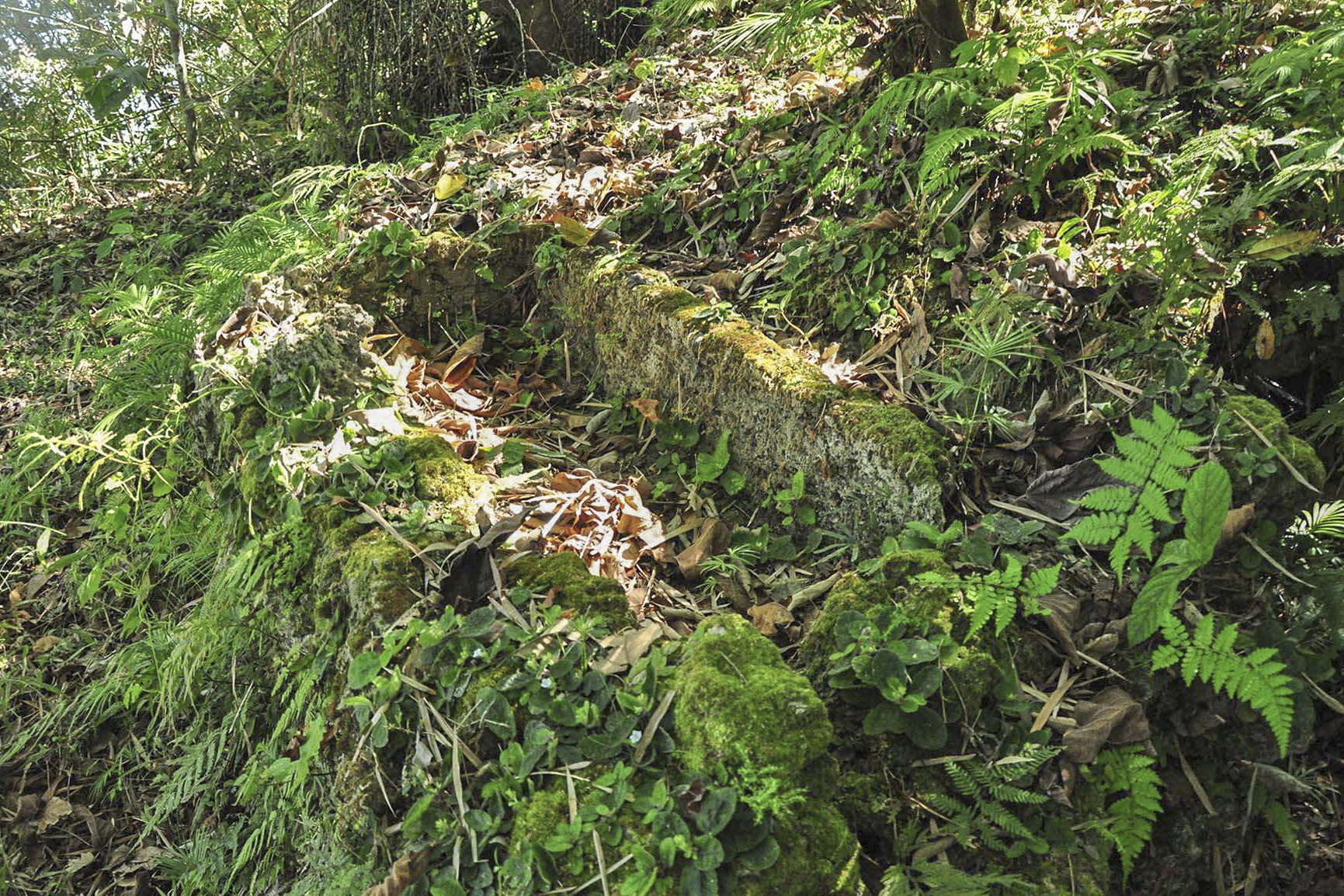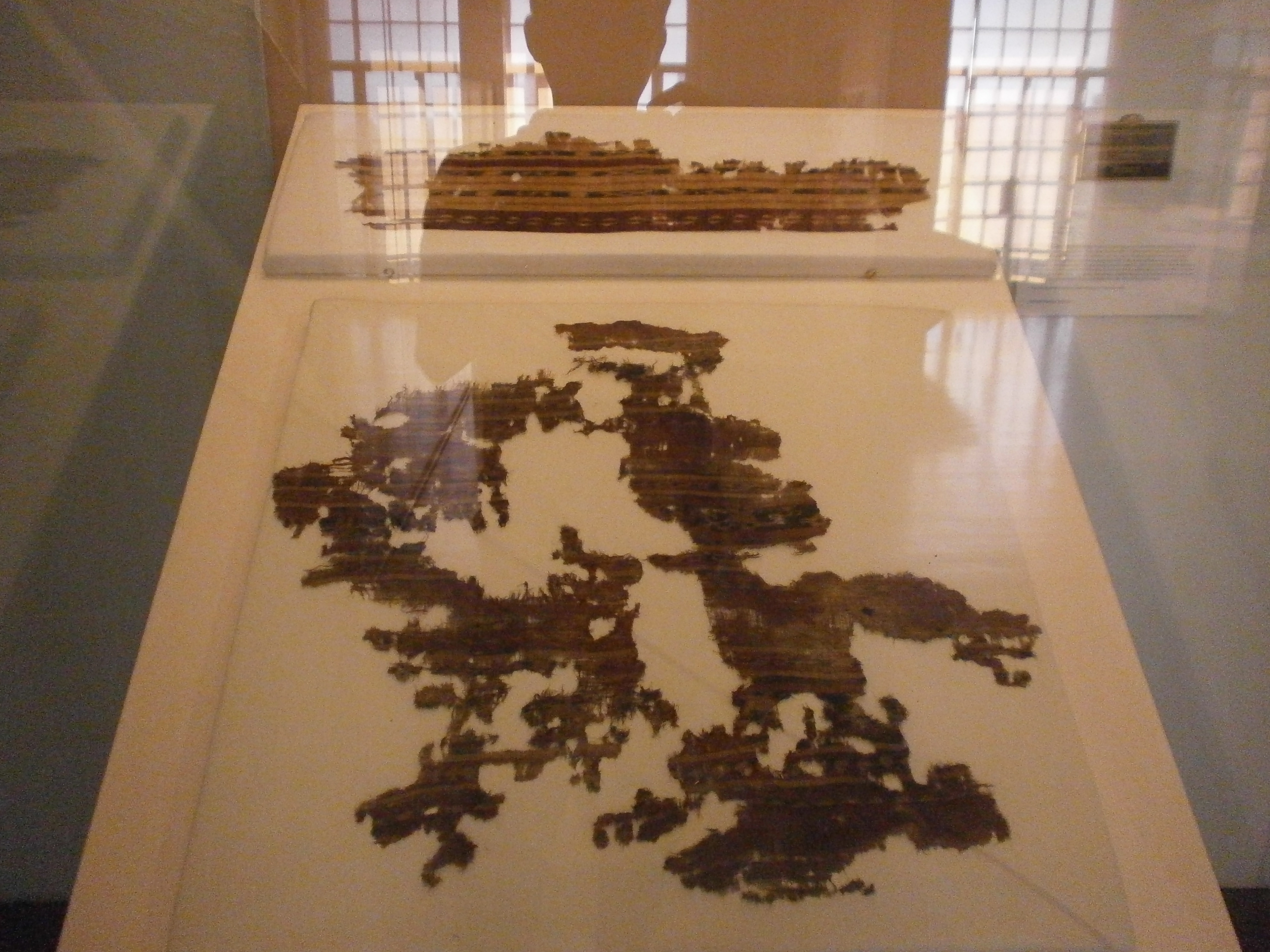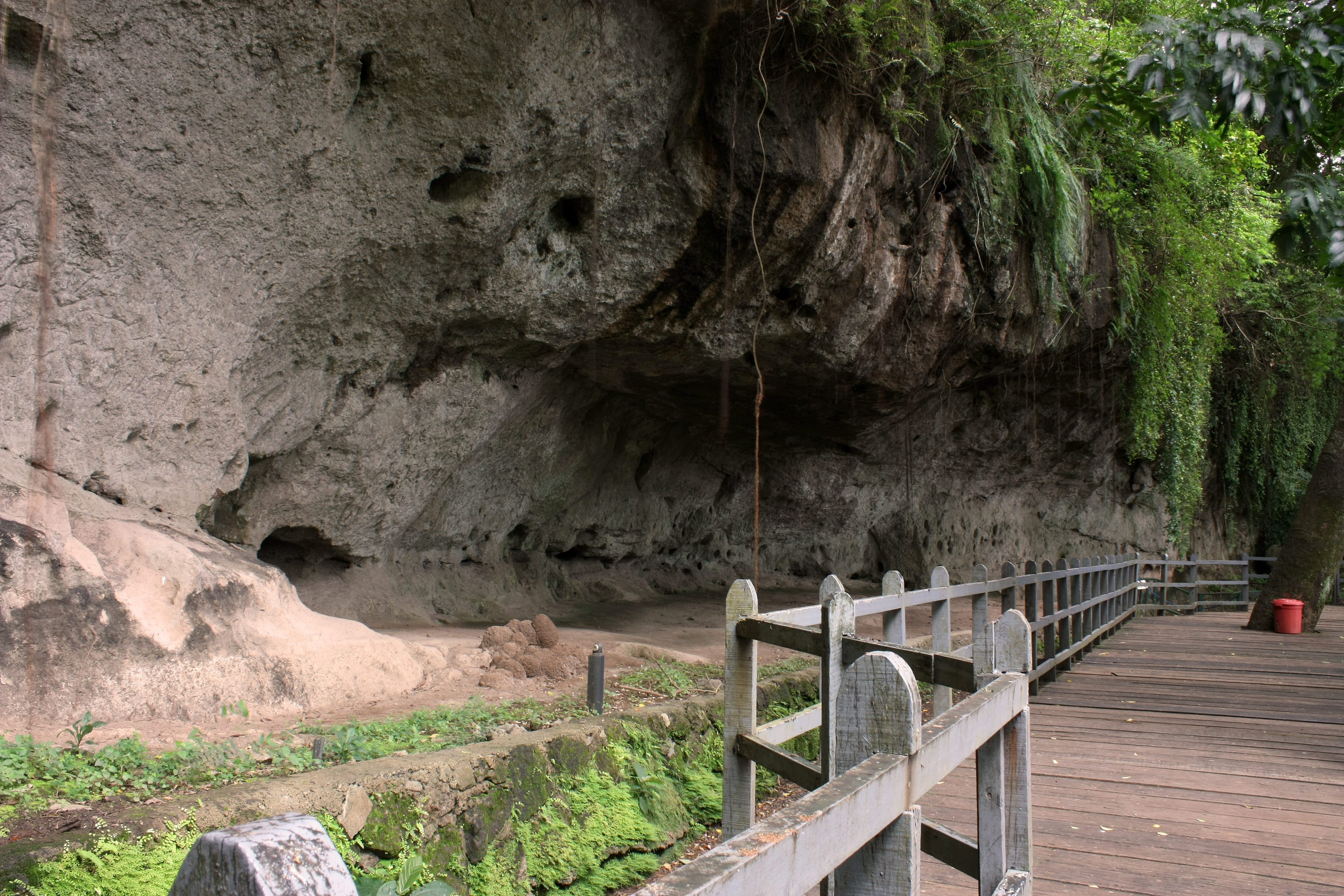Time Periods
Paleolithic
Mesolithic
Neolithic
Chalcolithic
Bronze Age
Iron Age
Classical Period
Post-Classical Period
Early Modern Period
Industrial Period
Contemporary Period
Time Periods
Paleolithic
Mesolithic
Neolithic
Chalcolithic
Bronze Age
Iron Age
Classical Period
Post-Classical Period
Early Modern Period
Industrial Period
Contemporary Period
Location
About
The Rizal Archaeological Site in Kalinga, Philippines, is a significant prehistoric site revealing early human activity during the Lower Paleolithic period. It is notable for the discovery of approximately 50 stone tools and animal fossils, including those of the extinct Rhinoceros Philippinensis, dated between 709,000 and 608,000 years ago. These findings suggest advanced butchering techniques and diverse tool usage by early humans, marking a significant pushback in the timeline of human presence in the region. The site's discoveries challenge previous assumptions about early human activity in the Philippines and provide critical insights into the technological capabilities of prehistoric populations in Southeast Asia.
Gallery
Explore photographs of ancient structures, artifacts, and archaeological excavations at Rizal Archaeological Site (Kalinga)

Archaeological Features
Explore the unique architectural and cultural elements found at this historical site
Miscellaneous Features
Historical Timeline
Journey through time and discover key events in this site's archaeological history
Plan Your Visit
Details
- Country
- the Philippines
- Source
- Wikipedia
More Sites in the Philippines

Tabon Caves
Cave system with prehistoric human remains

Limestone tombs of Kamhantik
Carved limestone tombs in Philippine forest

Kalanay Cave
Small cave with Sa Huynh pottery.
Pandanan shipwreck
Pre-Spanish Southeast Asian trading shipwreck

Guyangan Cave System
Limestone cave system with burial artifacts.

Angono Petroglyphs
Neolithic petroglyphs in volcanic rock shelter